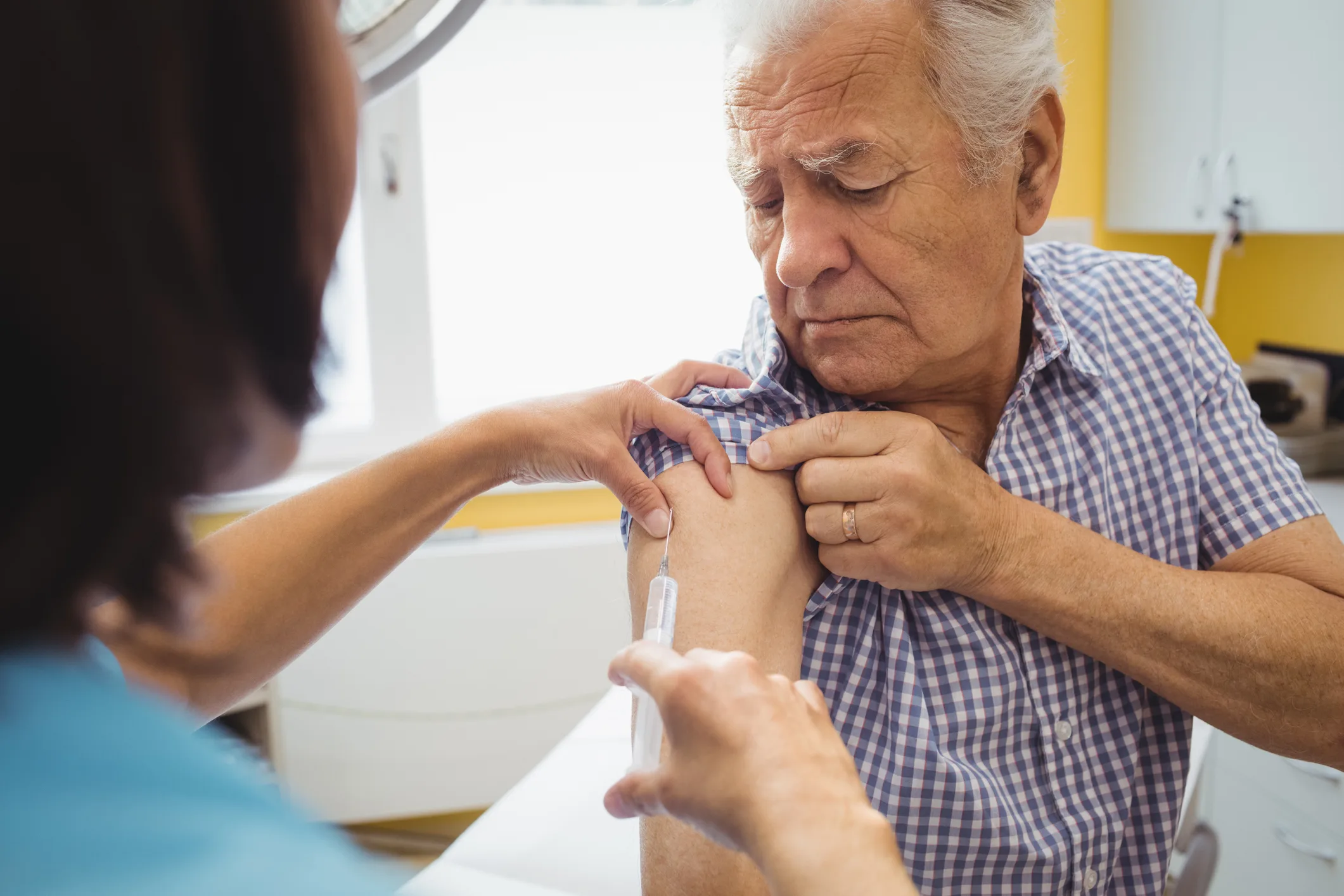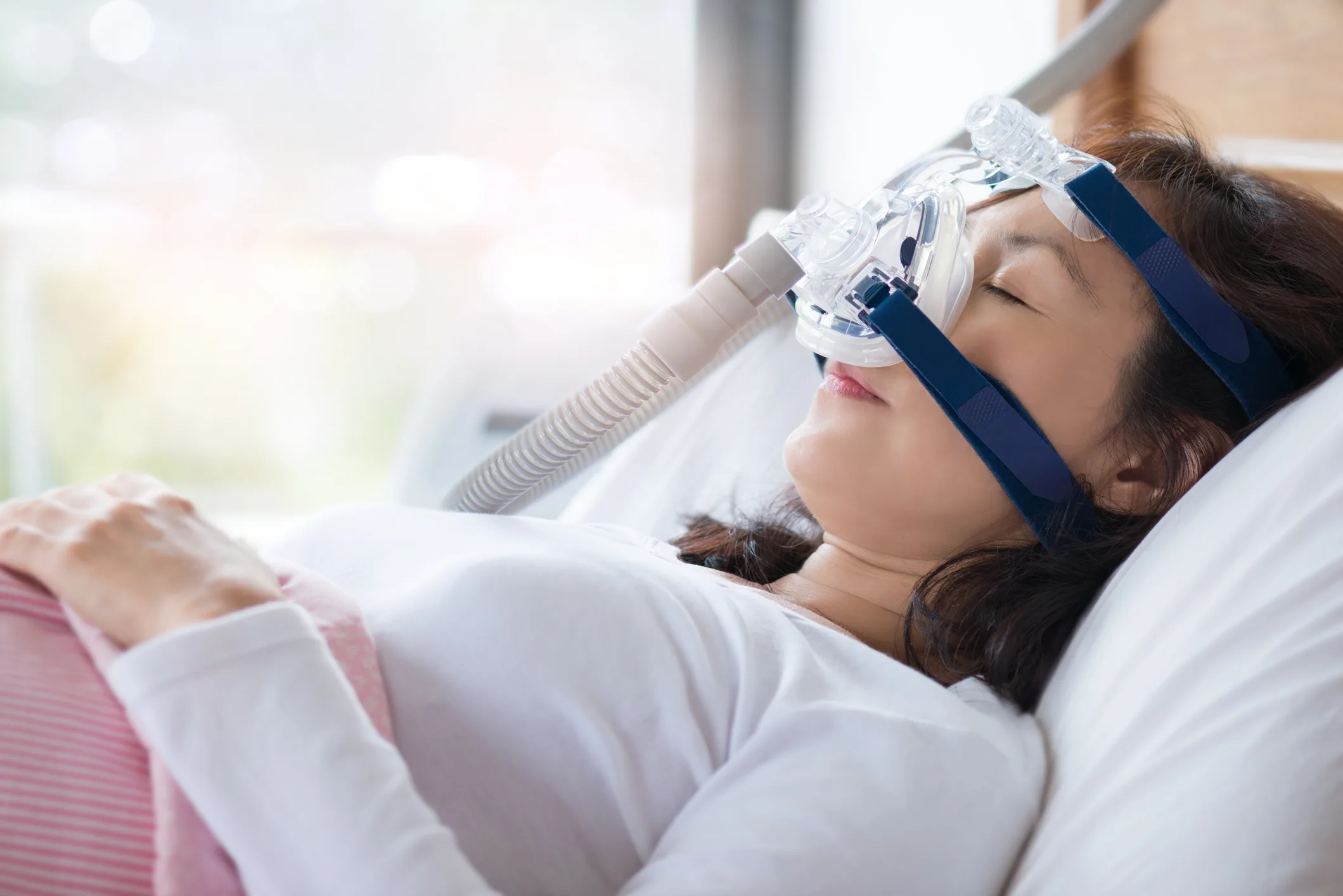Scientists at MedStar Georgetown University Hospital have found a new treatment that provides significant relief from knee pain, particularly for individuals aged 50 and older.
This minimally invasive method, known as Genicular nerve radiofrequency ablation, has shown promise in reducing knee pain caused by osteoarthritis.
The study, led by Kaitlin Carrato, chief resident in interventional radiology (IR) at MedStar Georgetown University Hospital (Washington DC, USA) and her team, examined 36 patients to evaluate the effectiveness of the treatment. Researchers looked at whether factors like age, gender, body mass index (BMI), prior knee surgeries, or fibromyalgia affected pain reduction.
The results were encouraging: every participant experienced strong pain relief, with the most noticeable improvements in functionality and pain reduction among those aged 50 and older.
“We know this treatment has clear benefits in reducing pain and improving the ability to do everyday activities for patients,” said Dr. Carrato, “But now that we know it is particularly helpful for those over 50 years old, it may mean that those with chronic pain conditions, like arthritis, would benefit more from this treatment than patients suffering acute pain, such as an injury.”
How the Treatment Works
Genicular nerve radiofrequency ablation targets the pain nerves in the knee. Using image guidance, interventional radiologists insert probe needles near the knee’s genicular nerves, which are responsible for transmitting pain signals to the brain.
These probes emit radio waves that generate heat, dulling or even destroying the nerve endings. Importantly, these nerves do not control muscles or balance, making the procedure both effective and safe.
The treatment is minimally invasive—patients only need small Band-Aids after the procedure and can avoid stitches or extended recovery times. Studies have shown that the pain relief can last anywhere from six months to two years, depending on the individual.
Transforming Daily Life for Patients
Osteoarthritis of the knee is a common condition, especially among older adults, and can severely limit daily activities due to chronic pain. This treatment offers a new opportunity for patients to regain mobility and enjoy a better quality of life. By significantly reducing pain, many people can return to activities that were once too difficult or uncomfortable.
The procedure isn’t limited to knee pain. It has also been successfully used to treat pain in other joints, including the shoulders, hips, and sacroiliac joints, where the spine connects to the pelvis.
Looking Ahead
While the results of this study are promising, the researchers are conducting additional long-term studies to better understand how factors like age, medical history, or other conditions might influence the treatment’s success.
These insights could help doctors predict which patients are most likely to benefit from the procedure.
Genicular nerve radiofrequency ablation represents a significant step forward in treating knee pain and improving patient well-being, particularly for those looking for non-surgical solutions.
If successful on a larger scale, it could become a game-changer for managing joint pain and enhancing quality of life.
Source:
Non-surgical treatment significantly reduces knee pain in adults, especially those over 50











